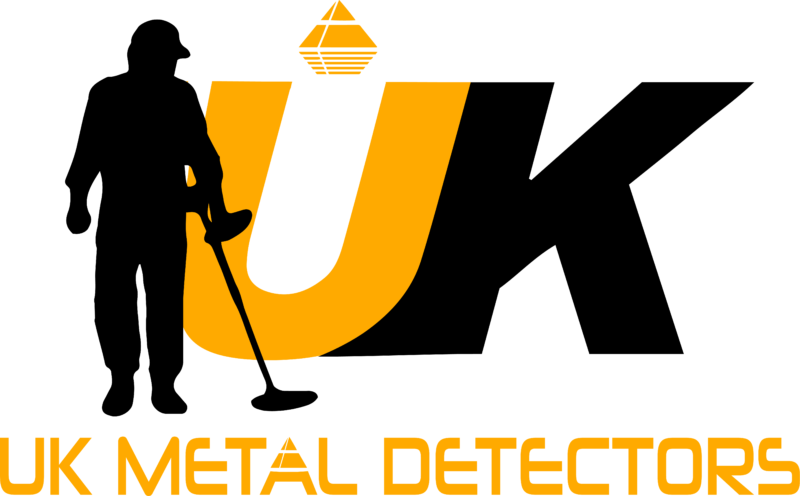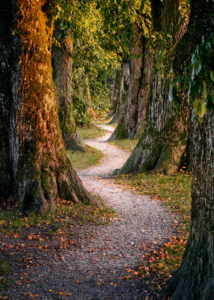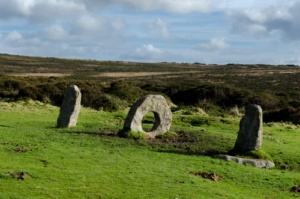Despite the restrictions imposed by the Government and some local councils regarding metal detecting, there remains an enormous variety of places where can you metal detecting.
Where to Metal Detect: Places Worth Searching
The beachcombing metal detector user is now a familiar sight; if you go down to the beach in the early morning, you will find a metal detectorist systematically searching the beach before the crowds arrive to sunbath Before coming out, they made a very careful note of the exact location of the ice cream stall.
The most sheltered spots on the beach were where the noisy coach party sat so they could head straight to where they would most likely find coins lost from pockets, rings, and watches. One man in Cornwall found over two hundred rings in less than a year — all in wearable (or saleable) condition. It is amazing how many people forget that their fingers shrink when cold or wet, and rings slip completely unnoticed.
The keen detectorist will be out during the day and all night long if conditions warrant it. The man who turns up at dawn after a night storm or spring tide may find that other, hardier types have already cleaned up and gone home to breakfast. But do check the tide tables — and remember that in some places you can be cut off by the sea well before high tide. Check with the local coastguard.
Do not feel, though, that only beach detecting will do! Any site that has seen occupation regularly or used regularly in the past will repay careful searching. Footpaths, riverside walks, local beauty spots, and lovers’ lanes all contain their quota of finds — and do not forget the foot of slippery slopes: a person slipping may not notice coins, etc., falling from their pocket or may be too embarrassed to search for them!
Farm outbuildings can be highly profitable too, and fields, where old horse-trading fairs were held, are a rich source of treasure; so too are modern fairgrounds and circus sites — although you may have noticed that many professional fairgrounds people are out with their metal detectors before they leave. However, they are usually in a hurry, particularly if they search at night, and search very
superficially, so they usually miss a lot. Take note of where most small change passes hands. Coins, even £1 coins, may be lost or ignored if the loser struggles with three ice creams, two candyflosses, and a hot dog!
‘Pick your own’ sites, whether strawberries, apples, or potatoes, could provide you with pickings of quite another sort. Hop fields can be virtual gold mines since the pickers were traditionally East Londoners on a working holiday. During the day, they worked hard, and money continually changed hands.
At night they played just as hard with enormous bonfires outside the rows of living huts and plenty of ale to help the party go with a swing. When the season ended, they left behind a considerable amount of junk. Still, they also left coins, lighters, rings, and many children’s toys, such as lead soldiers and boats, now collector’s items; these can all be found easily with a decent-quality metal detector.
Do trees surround your favorite holiday spot? Good. Trees may sound like odd things to search for, but they were favorite hiding places in days gone by. After all, many trees survived hundreds of years and would have been easily recognizable when the owner wanted to retrieve his hoard. But life was often cut short unexpectedly, whether it was the highwayman getting his just deserts on the gallows, illness, or violence, and many hoards were never reclaimed.
Hidden in the mighty but frequently hollow oak tree, these precious hoards may well be several feet above the ground, so search the bole of the tree and among the roots (being careful not to damage these, of course). I have an eye on an oak tree near my home which was part of the boundary between two parishes and alongside the route of a path from one village to another. Who knows, this could be my find of a lifetime.
Your local Library is a reliable source of local history; find out what has happened over the centuries in and around your village or city. Look out for old maps of your area; maps contain lots of interesting information that is particularly useful to the metal detectorist.




